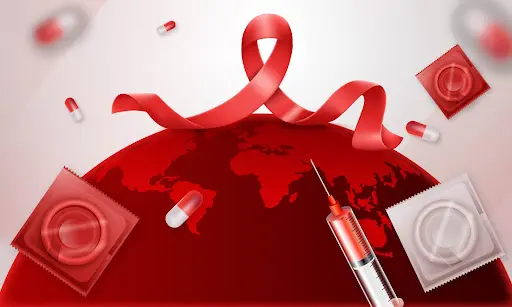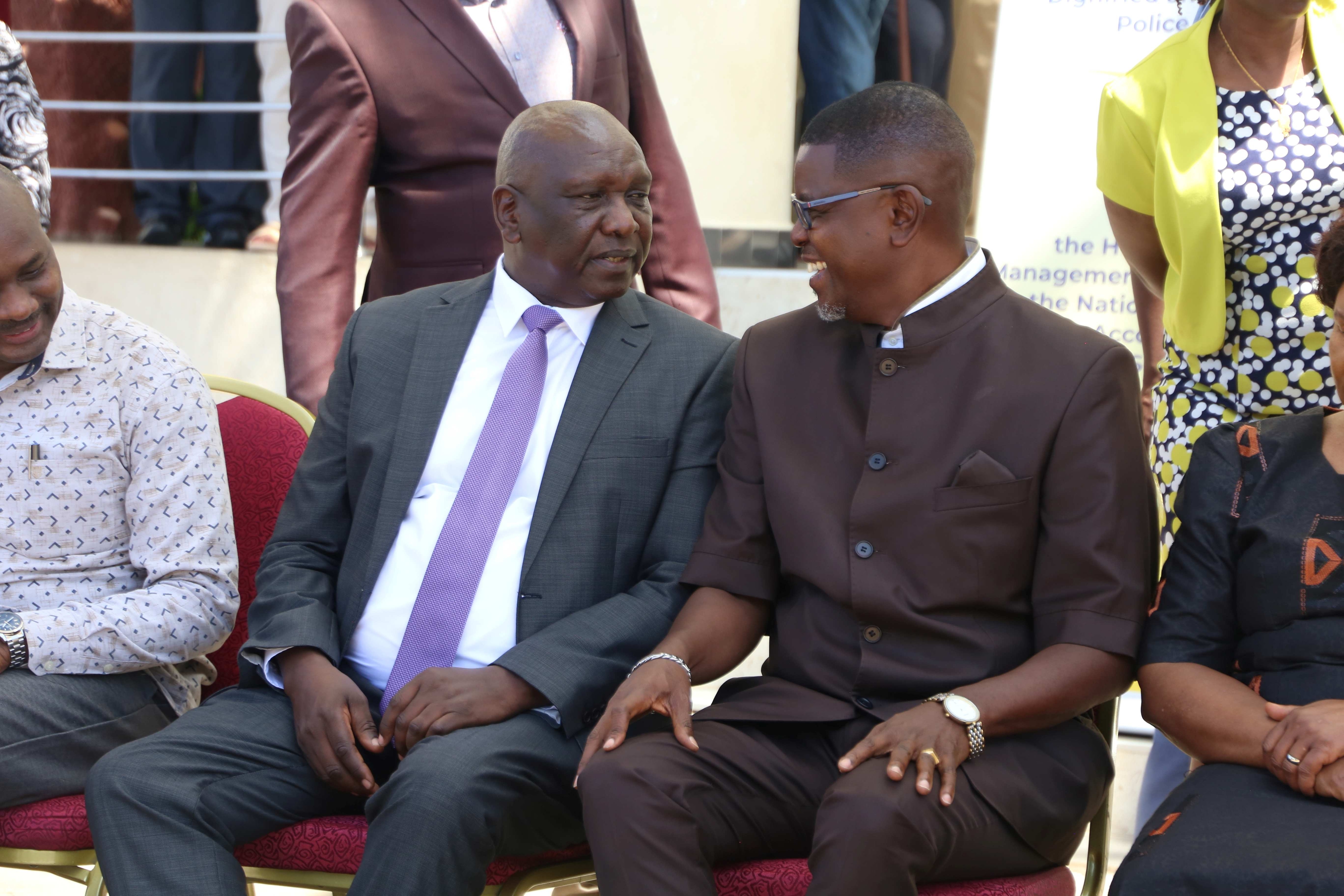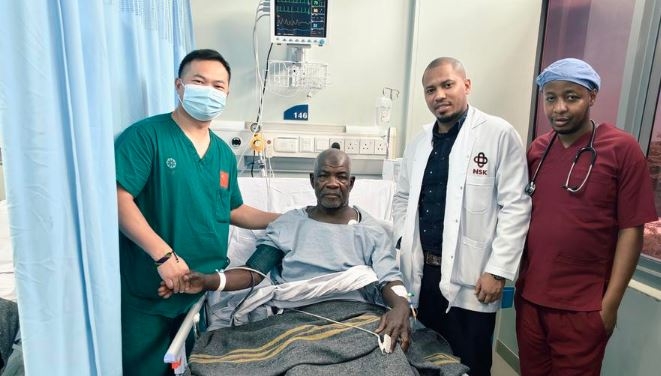

For decades, Mzee Juma* lived a life that many would consider careful and uneventful.
A father of six and a grandfather of 10, he had always been the one advising his grandchildren against risky behaviours to avoid contracting HIV.
“I would sit them down and tell them, ‘Be careful, this disease is real,’” he recalls.
Yet, at 74, Juma found himself stunned by the words, “You are HIV positive.’” He spent his life warning others but never imagined he needed the same advice.
Juma is part of a small number of elderly Kenyans who contract HIV as grandparents, after living most of their lives free of the virus.
The National Syndemic Diseases Control Council said of the 16,752 Kenyans who contracted the virus in 2023, close to a hundred were 60 years and above.
At least six of them were more than 75 years old. The constitution defines an older person as someone who is at least 60 years old – the official retirement age. "At my age, it never crossed my mind that HIV is something I should worry about,” Juma says.
He recalls going to the clinic in Nairobi for what he thought was a persistent flu and stubborn running stomach. When nurses suggested an HIV test, he laughed it off.
“I thought HIV was for young people—my children’s generation, not mine.”
The positive diagnosis stunned his family as well. In Kenya, about 40 per cent of new HIV infections occur among young people aged 15-24, attention rarely focuses on those past retirement.
Yet, cases such as Juma’s reveal a hidden vulnerability among the elderly. These men and women have often lived HIV-free for decades, only to acquire the virus late in life.
Many of these infections occur quietly. Older adults may engage in sexual relationships after losing a spouse, remarrying or forming new companionships in their twilight years.
They are also less likely to use condoms during sex, because they are less concerned about pregnancy.
There is virtually no literature on Kenyans who acquire HIV in their twilight years. But US CDC says when older people test positive, they may have lived with the virus for years, even decades.
“In general, older people are often perceived as being at low risk of getting HIV. For this reason, health care providers may not always recommend testing for older people for HIV,” the organisation says on its website.
“In older people, signs of HIV may be mistaken for symptoms of ageing or of age-related conditions. Consequently, testing to diagnose the condition may not include HIV testing.”
According to a HIV Surveillance Supplemental Report from CDC, in 2021, 34 per cent of people aged 55 and above in the US already had late-stage HIV (Aids) when they received a diagnosis.
CDC says diagnosing HIV at a late stage also means a late start to treatment with HIV medicines and their benefits and possibly leads to more damage to the immune system.
This means old people newly diagnosed with HIV may have poorer outcomes compared to younger people. The diagnosis is only part of the battle.
For elderly Kenyans, the shame and stigma surrounding HIV can be overwhelming.
Families often struggle to accept the reality, questioning how their aging parents or grandparents could contract the virus.
The stigma leaves many elderly people isolated, with few seeking support.
“For young people, there are support groups and campaigns,” says Nelson Otwoma, executive director of the National Empowerment Network of People living with HIV/ Aids in Kenya.
“But for the elderly, they have no space to talk about their experiences. They suffer in silence, sometimes avoiding treatment altogether because they feel too ashamed to explain their diagnosis.”
The new infections in Kenya have generally reduced since 2013 when 101,560 Kenyans tested positive in one year.
Japheth Kioko, the head of monitoring and evaluation at NSDCC,
said last year, 8,937 women newly
tested positive, compared to 4,072
men and 3,743 children below 14
years.













